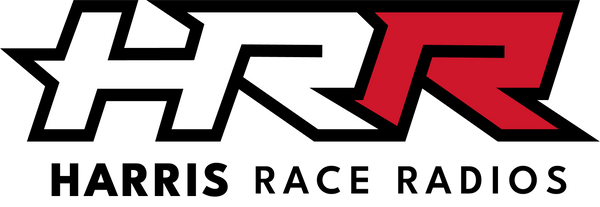
UHF vs. VHF Two-Way Radios: Which One Is Right for You?
Tegan HarrisWe supply both UHF and VHF two-way radios at Harris Race Radios, but if you’re unsure which one suits your needs, don’t worry—our experts are here to help.
When choosing a two-way radio, the key is understanding how UHF and VHF signals differ and which will work best in your environment. Both frequencies have unique benefits and limitations, so let's break them down.
UHF Radios
UHF (Ultra-High Frequency) signals operate at a higher frequency range, allowing them to better penetrate metal, concrete, and other dense materials. This makes UHF radios ideal for:
- Indoor environments like warehouses, schools, retail stores, and security.
- Built-up areas such as cities or densely wooded/hilly terrains.
- Circuit racing, as race radios use UHF channels.
- Off-road and buggy use, with UHF being the standard for Australasian CB communication.
Additionally, UHF radios tend to have shorter antennas, making them more compact and easier to carry—perfect for users like security guards who need convenience.
VHF Radios
VHF (Very High Frequency) radios, on the other hand, operate on a lower frequency, giving them a longer wavelength. This allows VHF signals to travel further in open spaces and penetrate through vegetation, making them a great choice for:
- Outdoor use in open fields, golf courses, or off-road racing.
- Marine and aviation communication where long-distance and clear signals are essential.
- Grounds maintenance and outdoor security in wide-open areas.
However, VHF signals struggle with penetrating through metal or concrete, so they aren’t well-suited for indoor or urban environments.
Can You Convert VHF to UHF (or Vice Versa)?
No, UHF and VHF radios operate on specific hardware that can’t be converted. If you're expanding your fleet of radios, make sure to choose the same type to ensure compatibility.
Need Help Choosing?
If you're still unsure whether UHF or VHF is right for your specific needs, contact the experts at Harris Race Radios. We're happy to help guide you to the perfect solution.
Call us at +64 21 682912 to speak with one of our specialists today.
